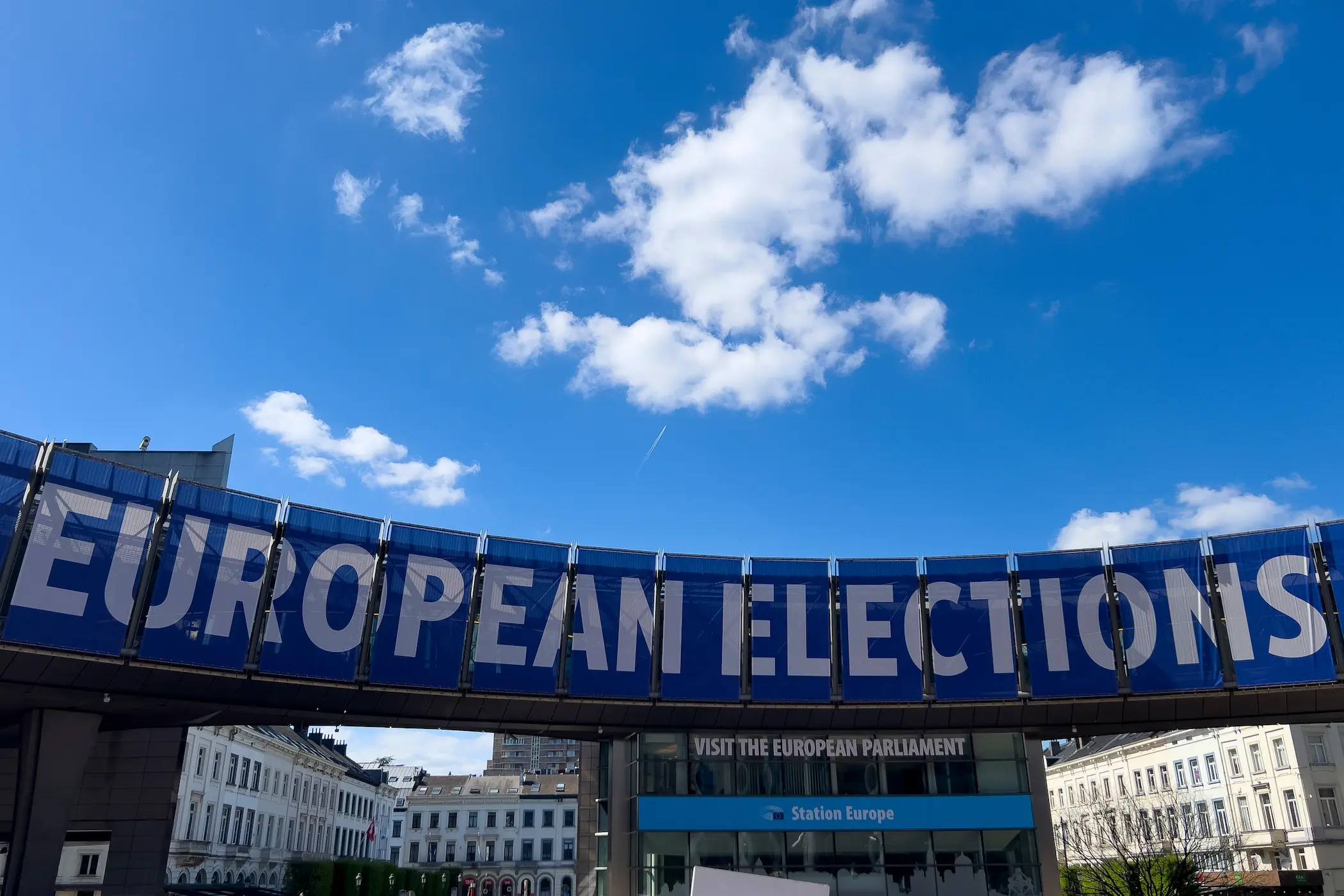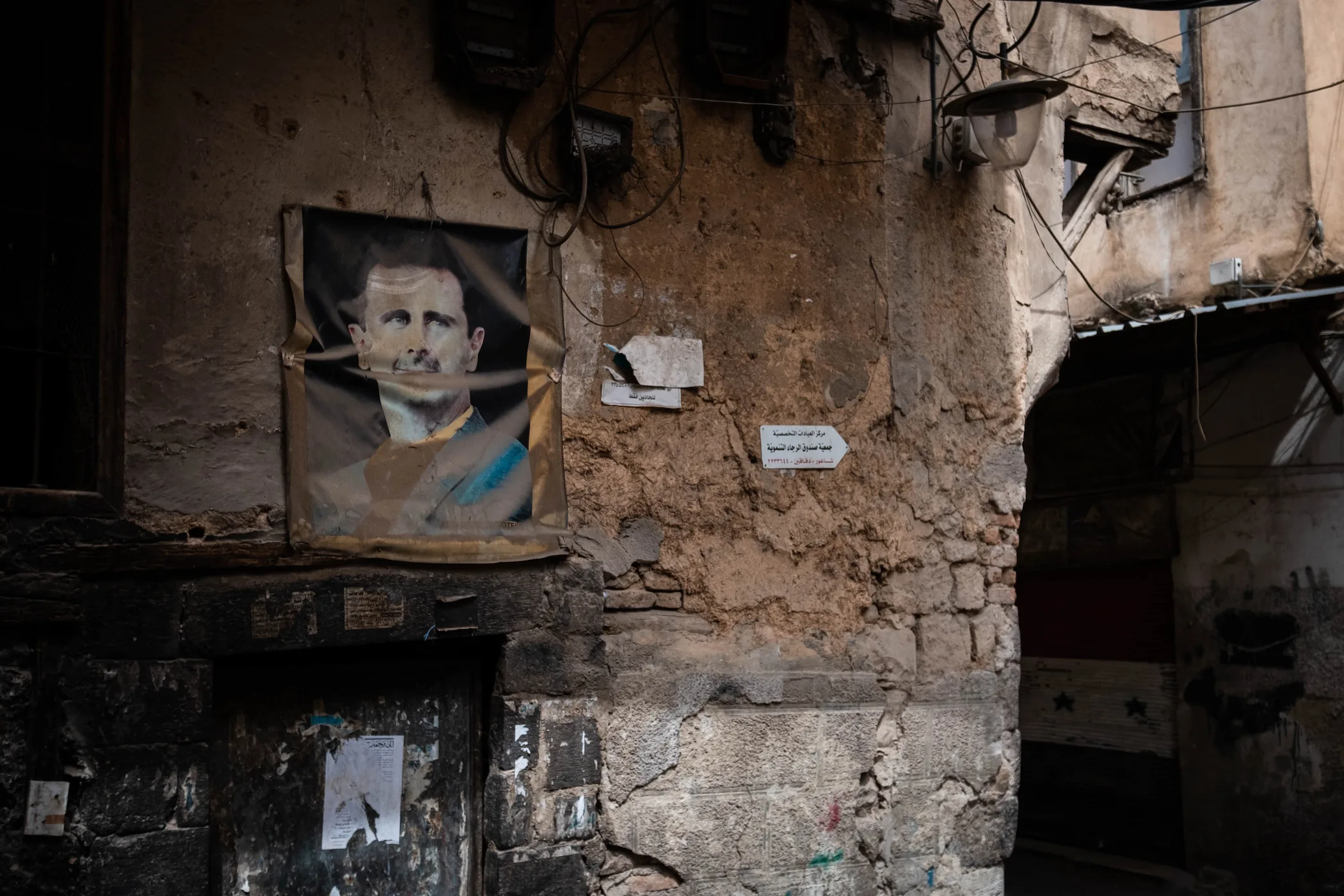European Parliament (EP) elections have historically garnered less interest from European voters,* as domestic issues have typically dominated their concerns. Consequently, topics such as defence and security have seldom been central to European election campaigns. However, this situation has changed dramatically in recent sessions. The influx of refugees arriving on European shores and the ominous threat of war looming over the continent have shifted the focus. As a result, Europe now finds itself precariously close to a crisis that threatens to undermine the development and reconstruction efforts of the past seventy years.
Therefore, regional issues began to be politicised and exploited in European Parliament elections as security and defence issues became more urgent. Parties shifted away from discussing the Union's broader policies, focusing instead on these pressing issues, which started to play a significant role in shaping voter preferences. Consequently, these topics became more influential in determining electoral outcomes at various local government levels, ultimately impacting decisions at the level of the European Union (EU).
This analysis examines the positions and attitudes of the main groups within the European Parliament on crucial defence issues facing the EU and how these positions are reflected in the political formulation of their policies.
Groups in the European Parliament
A group is a formal association of Members of the European Parliament (MEPs) who share similar ideologies and political goals. These groups are based on political affiliation rather than nationality and must meet three main conditions:
- Minimum Number of Members: A minimum of 23 members are required to form a group.
- Geographical Representation: These members must be from at least a quarter of the EU countries (currently 7 out of 27).
- Political Affinity: Group members must share a political orientation and present a political declaration that explains their purpose, values, and objectives.
The significance of these groups resides in their superior influence over EU legislation. They are pivotal in shaping EU laws, particularly in the negotiation and decision-making processes within its corridors. Consequently, the political orientations embodied by these groups hold sway in advocating for their interests and asserting their perspectives on the EU’s agenda, provided they meet the requisite membership number. In accordance with this definition, the European Parliament, during its ninth session from 2019 to 2024, comprises seven primary political groups, namely:
- European People’s Party (EPP): The most prominent group that typically aligns with the centre-right, prioritising Christian democratic principles and economic liberalism.
- Progressive Alliance of Socialists and Democrats (S&D): This second-largest group predominantly espouses centre-left ideologies and advocates for social democratic values.
- Renew Europe: A centrist group supporting liberalism and economic reform.
- Greens – European Free Alliance (Greens/EFA): This group emphasises environmental preservation, social justice, and participatory democracy.
- European Conservatives and Reformists (ECR): This group, characterised by its conservative stance, prioritises national sovereignty and advocates for free markets.
- Identity and Democracy (ID): Positioned on the right-wing to far-right spectrum, this group centres its platform on nationalism and Euroscepticism.
- The Left Group in the European Parliament (GUE/NGL): Positioned on the left-wing to far-left spectrum, this group advocates for socialism, anti-capitalism, and environmentalism.
Over the past nine terms, the EPP and S&D have consistently emerged as dominant forces in the EP, often holding a combined majority of seats. However, no single group has ever attained an absolute majority, necessitating cooperation and alliance-building to advance legislation. The following figure illustrates the distribution of EP seats:
The perspectives of these groups on defence issues diverge based on their fundamental political stances. The grouping of essential files in security and defence is incorporated into the list of European priorities, which are being restructured in response to current developments within two primary contexts:
- The first context pertains to the Russia-Ukraine War, which has sparked divisions in European public opinion regarding Ukraine’s chances of winning the war. While some anticipate a resolution, the majority of Europeans are wary of further appeasing Russia and would be profoundly dismayed if Russia were to prevail or impose its agenda in any manner. Consequently, European leaders are compelled to thwart Russian President Vladimir Putin’s goals. They perceive the war as aggressive and acknowledge its role in fundamentally altering the geopolitical landscape of Europe, thereby positioning Russia as a significant strategic challenge. This perception has prompted various changes, notably in military spending patterns and armament.
- Secondly, the prospect of the reelection of the United States’ Former President Donald Trump’s looms, potentially reintroducing uncertainty into EU-American relations. His foreign policy agenda prioritises U.S. interests exclusively, often overlooking its allies. This could complicate trade negotiations and impact cooperation on security matters. A Trump presidency is expected to demand more from the EU, including increased financial contributions toward its security. Consequently, there is a push to expedite the development of a robust EU defence strategy and bolster investment in counterintelligence capabilities to address the challenges stemming from the Russia-Ukraine War.
The Most Crucial Defence Issues on the EU Agenda
Given the prevailing geopolitical dynamics, defence and security concerns have surged to the forefront of the EU’s agenda. While consensus is widespread across most of these issues, notable points of contention are encapsulated in the following:
- Strengthening the EU’s Role as a Global Service Provider: The EU is endeavouring to enhance its capacity for independent action in crisis management and conflict prevention operations, both within and beyond Europe’s borders. This involves deploying civilian and military missions to address escalating threats on and around European territory, such as terrorism, piracy, and instability.
- Developing European Defence Capabilities: The EU seeks to advance a common security and defence policy among its member states, focusing on defence-related issues. This encompasses joint procurement of military equipment, research and development of new technologies, and personnel training. The overarching goal is to bolster Europe’s strategic autonomy and flexibility in response to evolving security challenges
- Boosting Defence Spending and Investment: The EU encourages member states to increase their defence budgets and invest in collaborative projects to avoid duplication and maximise resources through economies of scale. This effort includes initiatives like the European Defence Fund, which supports joint research and development of defence technologies
- Supporting the European Defence Industry: The European Union strives to bolster the defence industry base by promoting innovation, enhancing competitiveness and facilitating cooperation among companies across its member states. The objective is to create a more integrated and efficient European defence market that can better meet the needs of European armed forces.
Expected Positions for EP Groups
In this context, it can be anticipated that the main groups within the EP will adopt the following positions regarding issues in security and defence:
- EPP: The EPP strongly advocates for expanding the EU’s defence capabilities, including the expansion of NATO. To spearhead this expansion, the EPP calls for creating a European Commissioner for Security and Defence and establishing a dedicated defence committee within the EP. As the largest group, the EPP prioritises defence and security, emphasising it as a critical issue. Consequently, their increasing focus on strengthening defence is expected to elevate the defence agenda to the top of the EU’s priorities.
- S&D: The S&D support deepening the EU defence sector and expanding international security partnerships. They adopt a comprehensive approach to security that incorporates social and environmental equality. While maintaining a pro-EU, centre-left stance on defence matters, the group remains undecided on whether to endorse the creation of a dedicated defence committee in the EP.
- Renew: Renew seeks to expand pan-European defence capabilities and establish a European Commissioner for Defence. Simultaneously, the group advocates for reforms to the EU aimed at enhancing its efficiency and financial stability, which could influence defence financing. Renew Europe encourages the EU to pursue greater European integration, including supranational voting, which could bolster the EU’s security role.
- Greens/EFA: The Greens/EFA will likely only support defence and security initiatives aligned with their progressive environmental agenda. Therefore, they may be more cautious about increasing defence spending and capabilities compared to other groups. The party prioritises addressing emerging security threats such as climate change and hybrid warfare.
- ID: The group is expected to prioritise defence and security, focusing on bolstering NATO and the European Union’s defence capabilities. However, they are unlikely to support climate policies, concentrating instead on economic growth and job creation.
- ECR: ECR is likely to prioritise defence and security, advocating for the strengthening of NATO and EU defences. However, they are less inclined to prioritise climate policies, choosing instead to focus on economic growth.
In summary, the centre-right EPP and the liberal Renew emerge as the strongest advocates for expanding EU defences. Conversely, the Greens/EFA adopt a more cautious stance, balancing security concerns with other priorities like climate change. The S&D remain undecided on establishing a defence committee, while right-wing groups such as ID and ECR support defence but show less emphasis on climate policy.
References
*European election outcomes have historically been influenced predominantly by national events, with a primary focus on domestic issues. This has resulted in these elections often being perceived as secondary in importance compared to national or general elections.
Clark, N. and Rohrschneider, R. (2009). Second‐order elections versus first‐order thinking: how voters perceive the representation process in a multi‐layered system of governance. Journal of European Integration, 31(5), 645-664. https://doi.org/10.1080/07036330903145906
Braun, D. and Grande, E. (2021). Politicizing europe in elections to the european parliament (1994–2019): the crucial role of mainstream parties. JCMS: Journal of Common Market Studies, 59(5), 1124-1141. https://doi.org/10.1111/jcms.13168












Comments